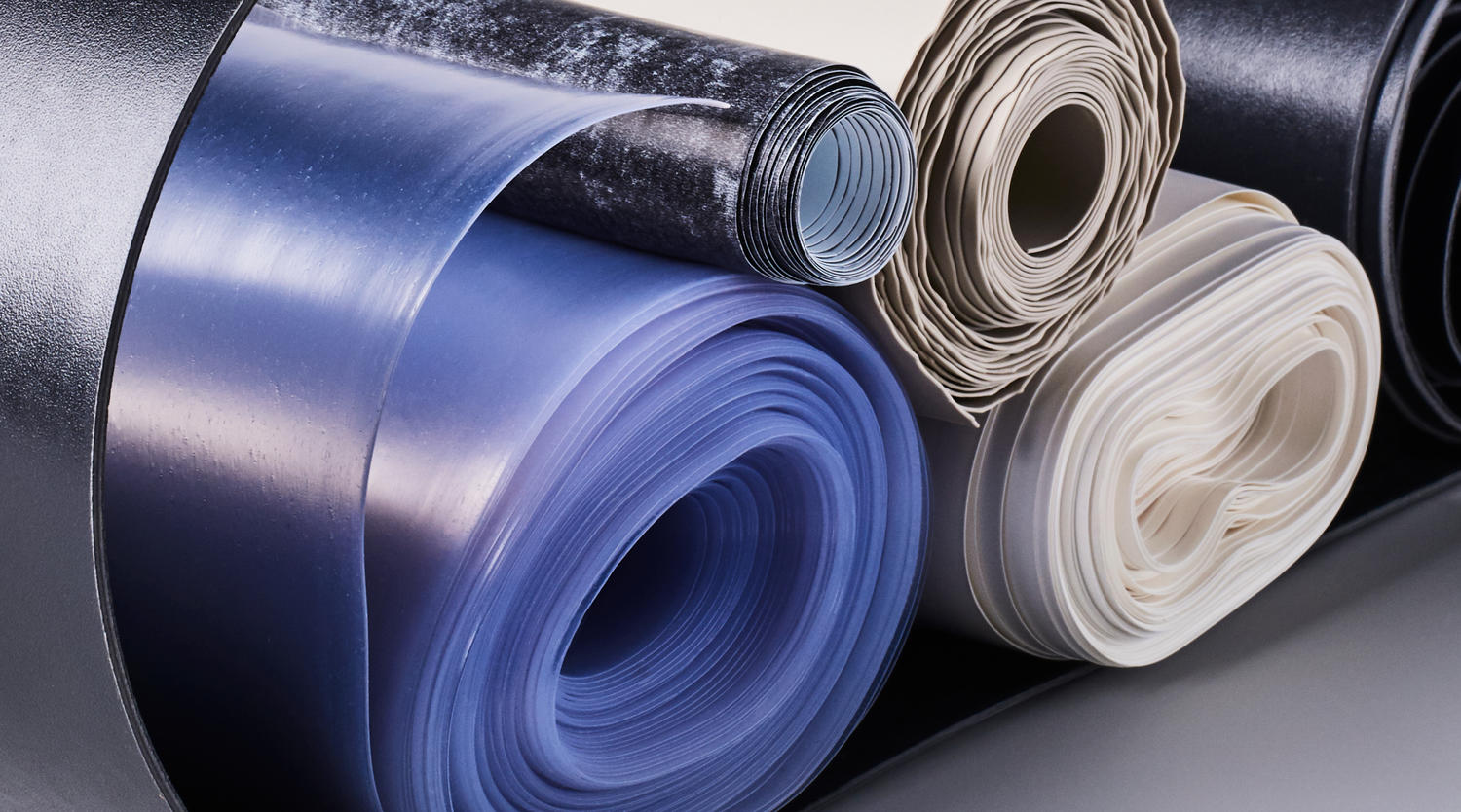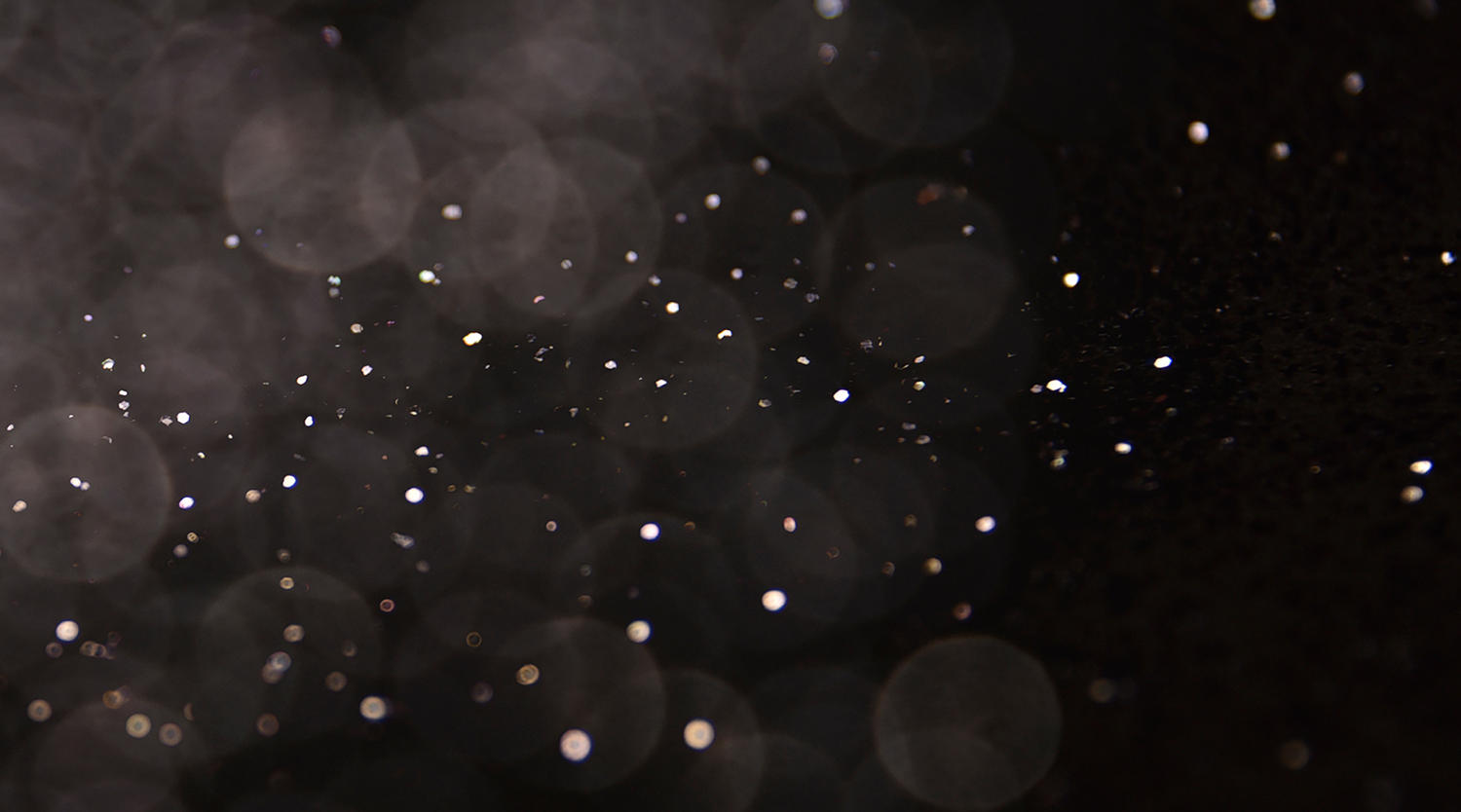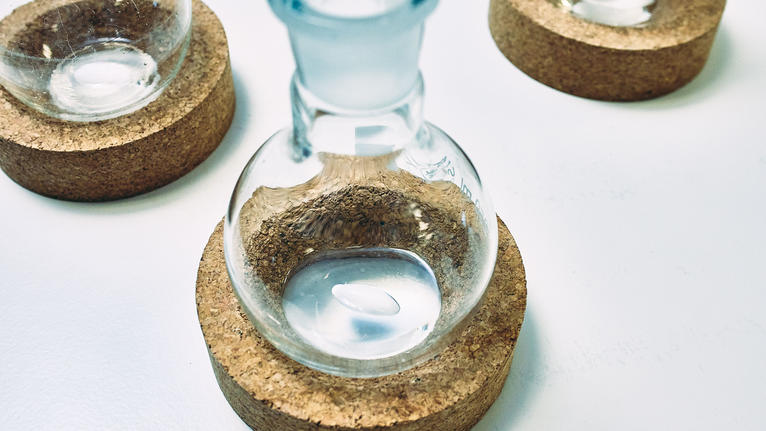
Giving our customers phthalate-free peace of mind
Phthalates are used as plasticisers for many products, from flooring to paints to swimming pool liners and even medical devices. They make plastics more flexible, and this flexibility is a fundamental characteristic of PVC resilient flooring. However, a longstanding debate surrounding the health and safety credentials of phthalates is prompting companies worldwide to rethink the use of these plasticisers. Countries including France, Sweden and Denmark are among those leading the call for change.
At Tarkett, we put people first, designing our products to meet our customers’ needs and promote healthy, productive spaces. Through our Tarkett Human-Conscious DesignTM approach, we develop flooring that helps people flourish in their every day without compromising the environment. That’s why we set out on our phthalate-free journey.
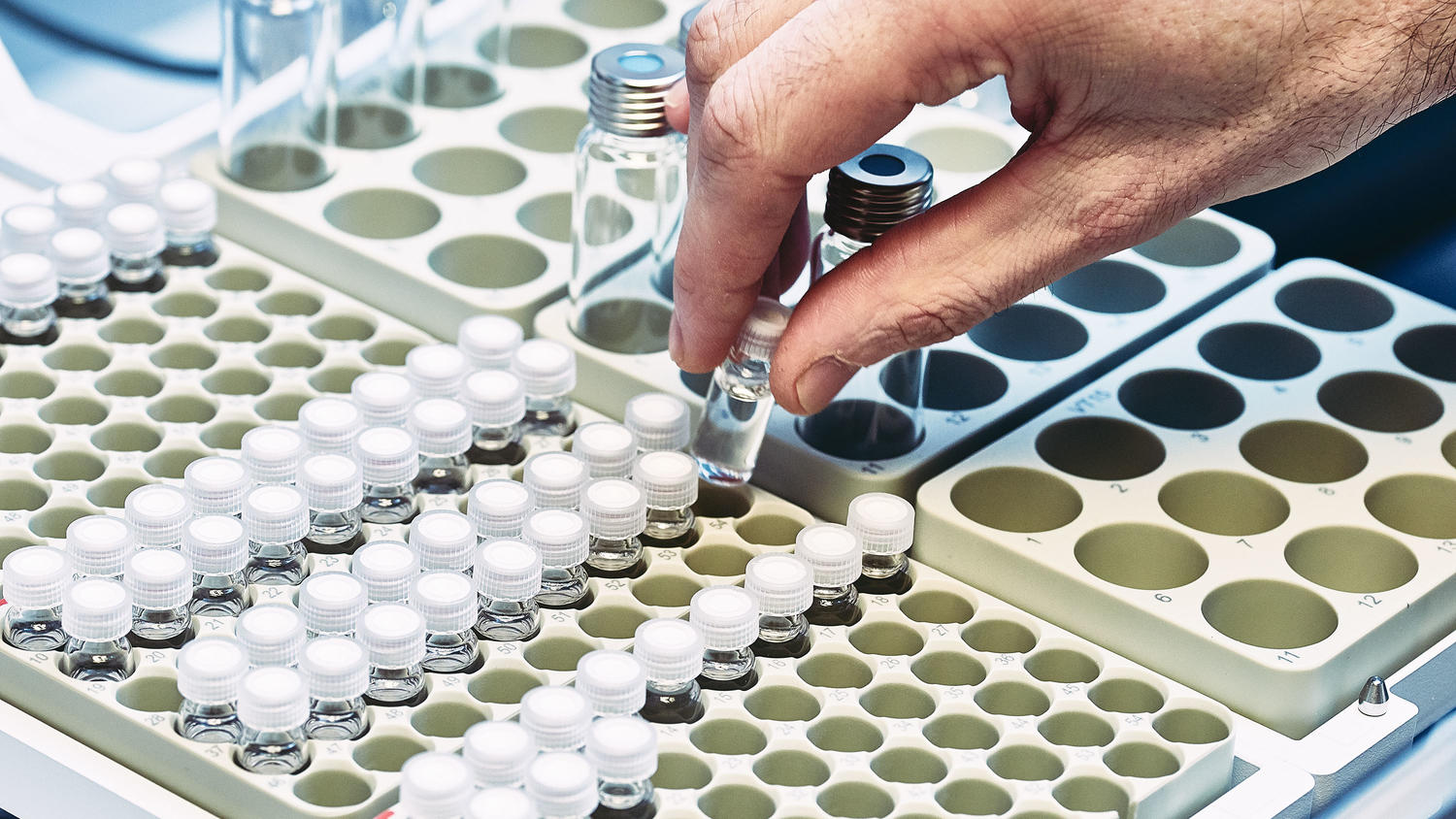
Putting customers’ health first
We first announced our ambition to be phthalate-free across Europe in 2009, beginning a programme of significant R&D investment, and collaborating with our suppliers to find and implement viable alternatives. By 2019, all our vinyl production sites in Europe, North America, Serbia and China were deploying phthalate-free technology, with plasticisers that can be used for young children’s toys and food containers, the toughest standards there are. “As part of our commitment to continuously optimising our materials to promote good indoor air quality and healthier spaces, we took an unequivocal position on phthalates from an early stage,” explains Alain Casoli, Group R&D Regulatory Affairs Director. “We decided to remove these substances from all our products as a precaution, before the global scientific community reaches a conclusion on the toxicity risks they may pose.” And with plasticisers being a key component of Tarkett’s PVC flooring, finding an alternative that delivered the same performance would be critical. “Our R&D team led a comprehensive, company-wide project to understand how we could achieve this,” says Diego Gourdin, Research and Innovation Expert at Tarkett. “This started with studying all the formulations we were using in our PVC flooring, consulting material health experts and researching high-performing, economically viable phthalate-free technology.”
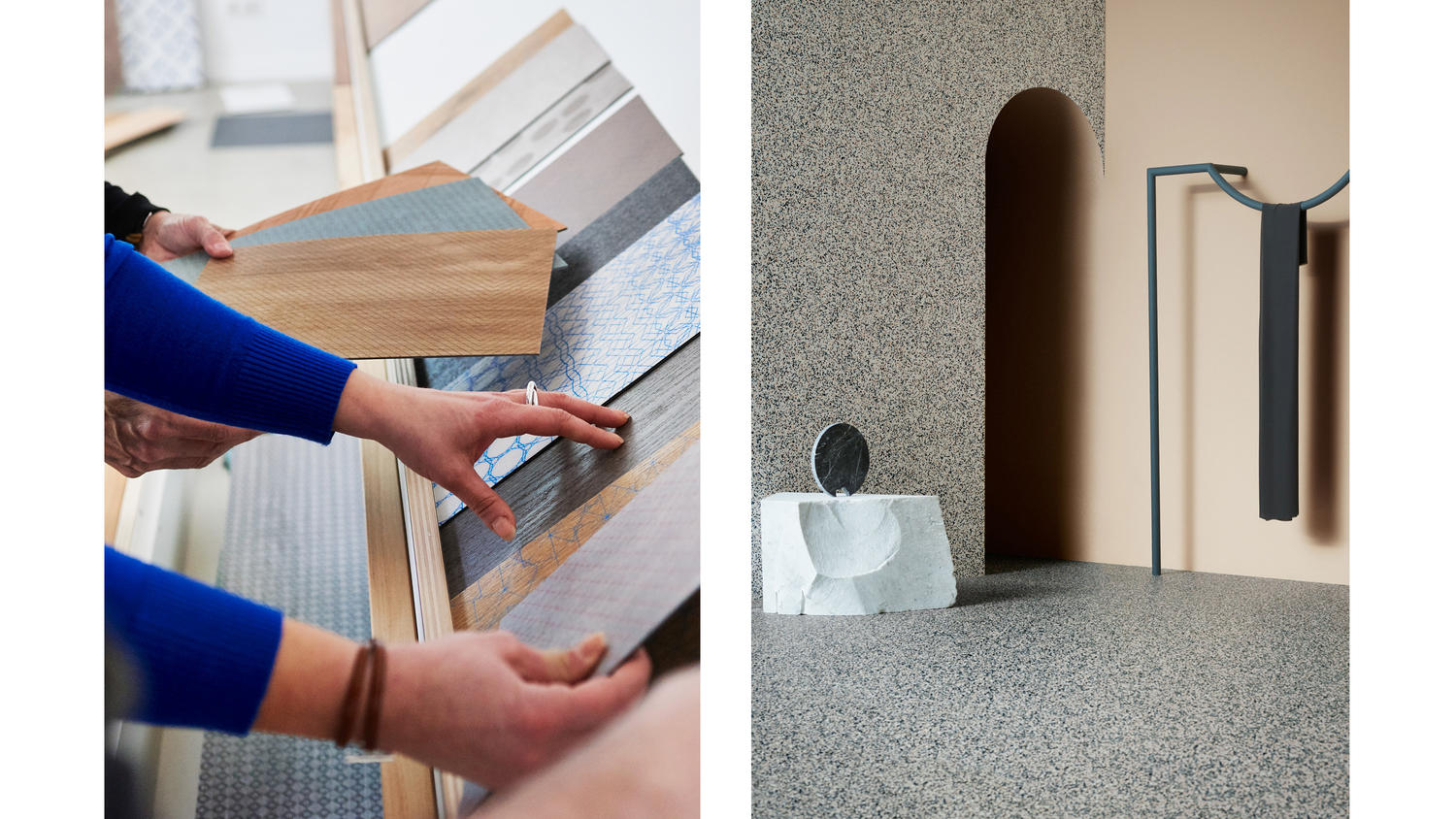
Going phthalate-free on all our PVC flooring in EMEA since 2018
If identifying alternative substances was tough, finding suppliers able to deliver cost-effectively at scale was equally challenging. We worked with key suppliers in the US and Europe, identifying high quality partners to support all our PVC-producing operations. In addition to health and wellbeing benefits, this transition will help enable our customers to achieve higher standards of sustainability and fulfil the requirements of green building certifications such as BREEAM, WELL and LEED. “We are leaving no stone unturned in our ambition to go phthalate-free, and this extends to our recycled materials, which can still contain phthalates, particularly if they are derived from older products,” adds Casoli. “We manage waste efficiently to prevent any potential contamination from recycled materials.” This is particularly important considering Tarkett’s goal to ensure that recycled materials represent 30% of all our raw materials by 2030.
